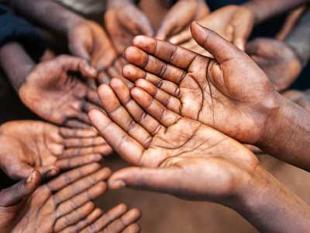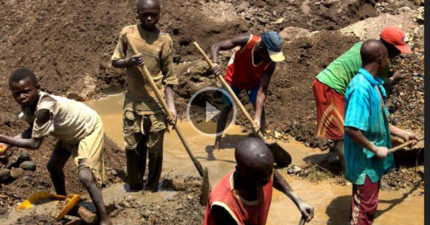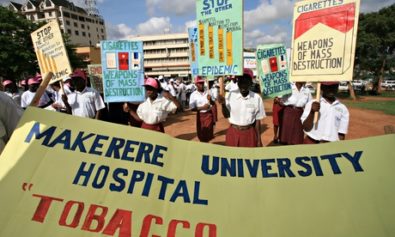
One of those kids is Eddie Ramirez, 15, who works the fields in the summer.
“It just sticks to my hand,” he says of the plant. “It’s really sticky, you know, and really yellow.” It’s nearly impossible to wash off, he says.
A new report from Human Rights Watch says the practice of children farming tobacco is hazardous and should be stopped. The group interviewed more than 140 kids in 2012 and 2013, including Eddie, who work on tobacco farms in the South.
From the sparse mobile home he shares with his mother in Snow Hill, N.C., Eddie describes feeling lightheaded and queasy after a 12-hour day in the tobacco fields.
“In the mornings, tobacco is wet because of the dew and, like, the rows are narrow and the tobacco is really big. You just feel like you’re suffocating or can’t breathe really well,” he says. “You just want to stop and not do it no more.”
Eddie, who’s in the eighth grade, is hired by contractors who provide labor to growers in the area. His family arrived from Honduras when he was 7. By the time he was 12, Eddie says, he had started working in the fields alongside his mother to help make ends meet.
“We found that the overwhelming majority of kids we interviewed got sick while they were working in tobacco fields with nausea, headaches, dizziness, lightheadedness,” says Human Rights Watch researcher Margaret Wurth. “And many of the symptoms they reported are consistent with acute nicotine poisoning, which happens when workers absorb nicotine through their skin.”
No one tracks how many kids work on tobacco farms, so there’s no way to know how common or widespread the practice is. But Human Rights Watch argues that it’s too hazardous and should be illegal.
Matt Myers, president of the Campaign for Tobacco-Free Kids, says the report points out a gaping hole in U.S. labor law.
“It’s outrageous that in 2014, children are still working in tobacco farms. It is well-known how dangerous exposure both to nicotine and to the many pesticides used on tobacco is to kids,” Myers says.
Congress has resisted changing farm labor laws, and the Labor Department withdrew proposed stricter standards for kids in 2012 under political pressure. Human Rights Watch is now calling on major tobacco companies to get kids out of the fields.
The report notes that tobacco giant Philip Morris International has the most comprehensive child labor policy — but that it doesn’t go far enough.
Read the full story at npr.org

